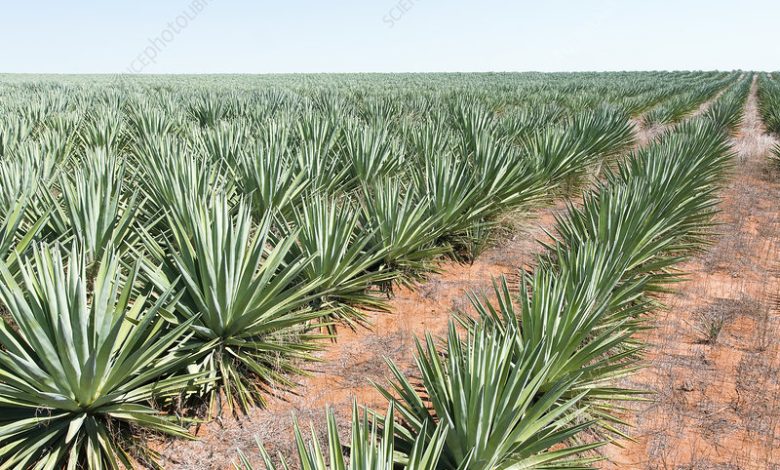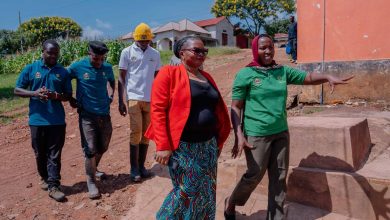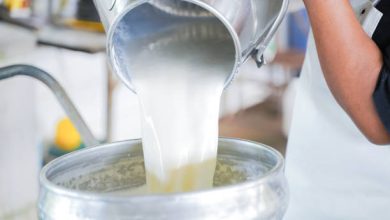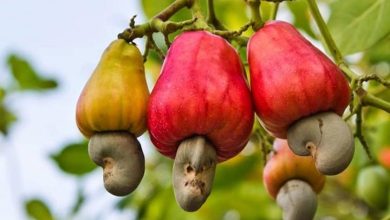Govt ramps up efforts to expand sisal yields

TANGA: THE government has provided funding to the Tanzania Agricultural Research Institute (TARI) to scale up the production of improved sisal seedlings to bridge the seedling gap and enhance productivity.
The support is specifically being used to expand the capacity of a specialised tissue culture laboratory at TARI’s Mlingano Centre in the Tanga Region, which is the country’s leading hub for sisal research and innovation.
Speaking to the `Daily News,’ the Director of TARI Mlingano, Dr Mgeta Merumba, said the expansion will significantly increase the availability of high-quality planting materials.
“This year, we have planted 30 hectares with the aim of producing up to three million seedlings,” he said.
“Our target is to ensure that farmers in all sisal-growing regions have adequate access to seedlings to boost their production.” The seedlings, mainly of the high-yield H11648 variety are being sold to farmers at a subsidized price of 130/- per seedling, making them more affordable to smallholder producers.
ALSO READ: TSB partners with researchers on sisal protein for animal feed
Currently, national demand for sisal seedlings stands at 10 million annually, but production capacity remains at only five million seedlings, a shortfall that continues to hamper largescale cultivation.
Despite research showing that approximately 44.1 million hectares, equivalent to 46 per cent of Tanzania’s total land area, is suitable for sisal farming, the crop is cultivated on less than half of that area.
Tanzania is the secondlargest sisal producer in the world, following Brazil, with an annual output of around 60,000 tonnes of fiber.
Currently, sisal is cultivated in regions such as Tanga, Katavi, Morogoro, and parts of Kilimanjaro, but the government is working to expand awareness and adoption in other suitable regions.
“In collaboration with the Ministry of Agriculture, we are actively sensitising farmers in areas with potential for sisal cultivation to embrace the crop,” Dr Merumba said.
He added that the government’s broader strategy includes promoting best agronomic practices, training farmers, and developing more hybrid varieties to improve yields and resilience.
With strong demand for Tanzanian sisal fiber, particularly in Middle Eastern markets Dr Merumba remains optimistic about the country’s potential to increase production and benefit economically.
“There is a vast market for our sisal. By strengthening our seed systems and farming practices, we can significantly enhance the sector’s contribution to the national economy,” he said.





